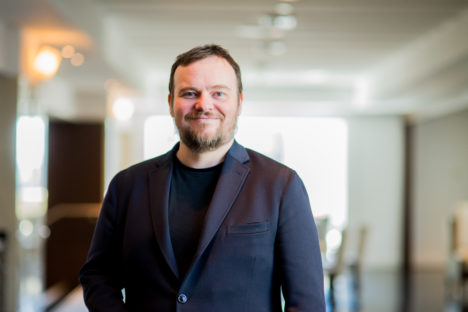Mumbrella is eight: Beating the burnout
In his (usually) annual update, Mumbrella founder Tim Burrowes reveals how the company is travelling, and why there was no update last year.
365 days ago, I was sitting on my laptop in a hotel room on the other side of the world, not quite sure how to proceed.
It was time to write my annual update on how Mumbrella was travelling.
And for the first time, the words didn’t come.



Great report Tim, here is to a huge 2017 for Mumbrella!
Tim – again hats off for your honesty with this. I only wish I was as gutsy as you to do these every year. Delighted you guys had such growth in the last 12 months, it’s very well deserved.
As a kindred online publishing business – albeit a few years younger than Mumbrella – we are in awe of the Mumbrella model, and follow your growth and business experiences with great interest.
Well Done Tim. Congrats on the re-investment. We all benefit. Merry Christmas! MP
Excellent comprehensive and honest report, Tim.
The Communications Industry needs Mumbrella. Keep the initiatives flowing
good
Congratulations Tim and to all at Mumbrella. Wonderful to learn of the ongoing successes.
Love the entrepreneurial spirit as you report on, and find opportunities to promote the industry.
Also massive congratulations on having the ability to rip into people and companies as they deserve it. Creates a better industry for all.
Congratulations to you and all the team on this Tim (on many things, one of which is being so transparent.) Enjoy being eight… and bring on 9!
Great job Tim
As ever; love your work Mumbrella. Great to hear that traffic is blossoming. Would still be good to have a top 10 most commented. I would engage the site a lot more if you did. (People live to get on the trending pieces.). Peace x
Thanks for the feedback, LTMITCT.
The return of “most commented” or possibly “latest comments” is in the works.
Cheers,
Tim – Mumbrella
Legend!
Love*
Tim, that’s a great report. Nice to see transparency from a privately owned business, especially in an industry frequently built with smokey mirrors. Lead on!
Keep the bastards honest Timbo.
Nice one Tim – I continue to love the transparency of your updates. Onward we go to an even stronger 2017 for all – Happy holidays!
You’ve come a long way, Tim – wishing you continued fun and success.
Happy Birthday Mumbrella and all the best for 2017
Congrats Tim and team.
Great to read of your continued success.